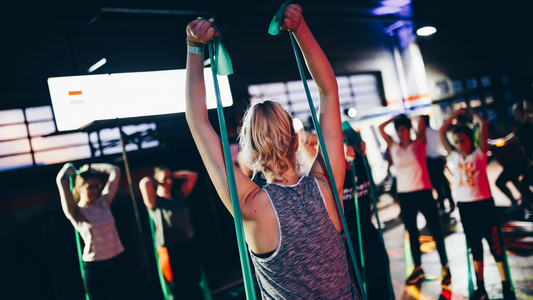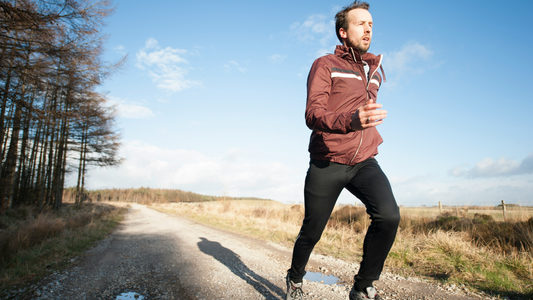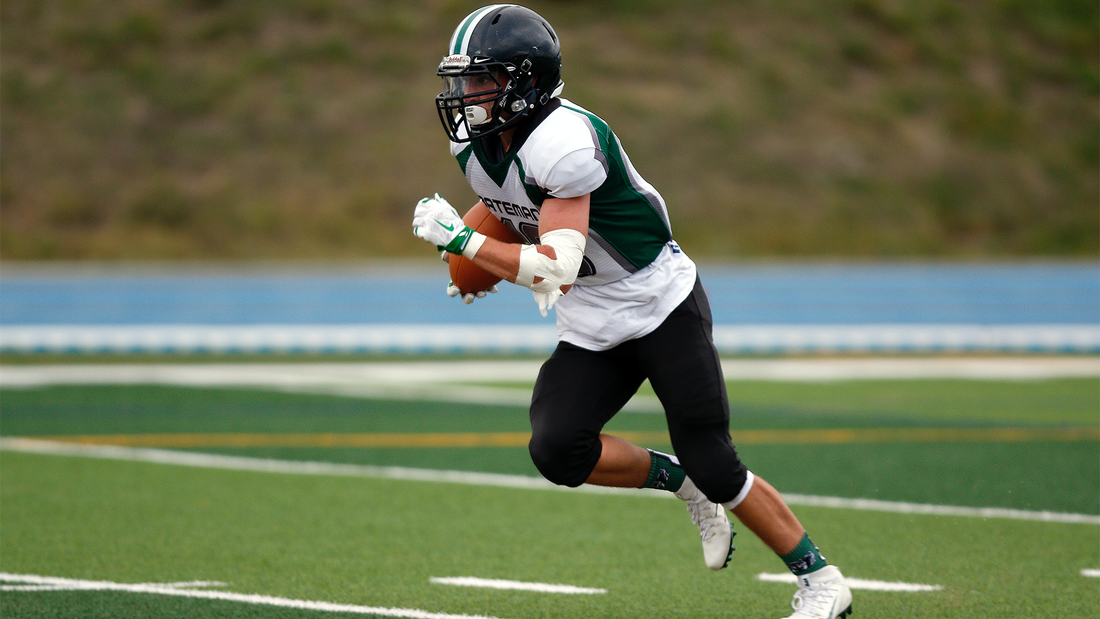
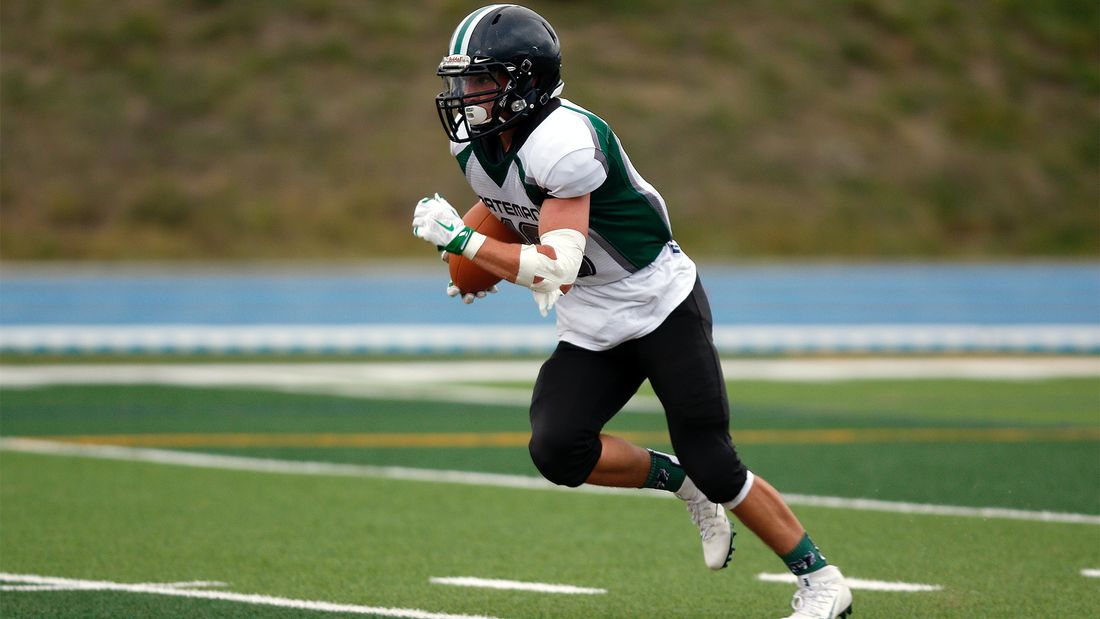
How Sleep Affects Performance Levels in Athletes
We all know the importance of getting a good night’s sleep. The benefits of sleep were instilled in us from a young age, all the way back to when teachers reminded us to go to bed early on the eve of a standardized test. Sometimes, though, sleep can be hard to come by — especially if you feel you need to stay up late to study for that early-morning exam or you find yourself anxious for that big race the next morning.
Athletes Can Struggle to Get Good Sleep
Athletes, in particular, face many barriers to a good night’s sleep. Whether it be training schedules that require early mornings or traveling to get to the next event, sometimes shut-eye is hard to come by. When thinking about sleep, especially for athletes, consider that sleep is an important part of the training schedule. Not only does insufficient sleep prevent you from gaining any rest, that lack of rest can cause a host of other problems that will impact athlete performance.
Sleep is vital for our overall health, which includes both illness prevention and recovery, and allowing the heart to rest and the body to heal itself. Since athletes work their bodies hard to perform at a high-level, this resting time is what allows them to continue training and improving. Without time to heal, we can easily run our bodies into the ground, making it more difficult to recover from both injury and illness.
Additionally, when we are worn down physically and mentally from lack of sleep, we are more likely to contract an illness. Getting sick will not only force you to have that resting time in bed, it also has a huge impact on athletic performance, because you may not be able to keep to your same training schedule and it can affect important bodily processes like heartbeat and breathing.
Athletes Who Get More Sleep Perform Better
Getting enough sleep—the recommended 7-10 hours—should be high on the priority list for all athletes. A 2017 study found that athletes who get more sleep have better reaction times, accuracy, and endurance performance. This can be attributed to the number of ways that sleep helps us function in our day-to-day lives. A well-rested athlete will be more alert and focused, allowing them to make quick, yet smart, decisions on the court, the field, or the course. Additionally, with more rest, the body is less likely to get depleted quickly, resulting in the ability to continue exercise for longer periods of time.
Lack of Sleep Has Consequences on Athletic Performance
When you aren’t getting enough sleep, it’s likely that you’ll start noticing the impacts in your performance. Not only will you feel tired and sluggish, you may feel you cannot perform as well as you normally do. When our bodies are tired, it’s hard to play, race, or lift at what we consider to be our “normal” levels, because we are likely to get exhausted faster than usual. While you may think you just need a cup of coffee, be cognizant that caffeine is no excuse for a true good night’s sleep.
Additionally, lack of sleep has consequences on training and can increase an athlete’s risk for injury. Because executive functioning is impacted by sleep, it may be harder to focus on learning a new technique for your golf swing, memorizing a new running route, or implementing a complicated play in your next basketball game. The diminishing executive function combined with quicker exhaustion is a recipe for injury, whether it be from overworking a muscle or making a mistake in your footwork.
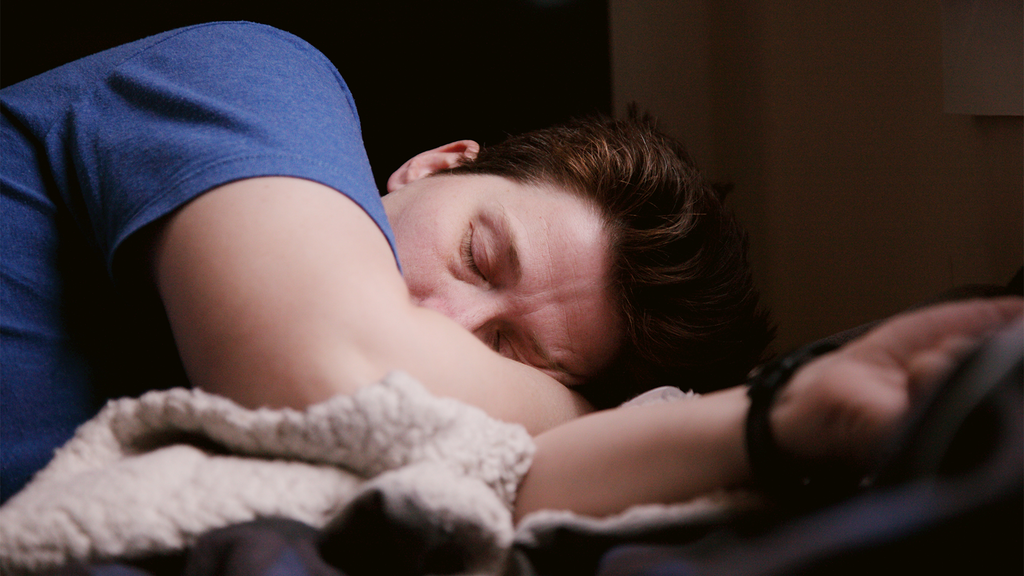
While physical activity is the primary focus for most athletes, getting a good night's sleep is just as important as burning calories or making sure you get your reps in.
Tips for Getting More Sleep as an Athlete
- Plan to get at least 7-8 hours of sleep per night. 7-8 hours is the sweet spot, although up to 10 hours has proven to be beneficial. Plan your day to ensure you will go to bed at the right time in order to get up and be prepared the next day.
- Exercise and train earlier in the day. Exercise gives you a boost of energy, which is great most of the time but can be detrimental as you are winding down for bed. Make it so all of your workouts end 2-3 hours before the time you need to get in bed. This will both help you wind down and safely refuel knowing that your digestive system should be calm by the time the head hits your pillow.
- Start tracking your sleep. Many phones and wearable tech, like smartwatches, have built-in sleep trackers. These trackers are mostly accurate and can give you insight on your sleep habits in patterns. Are you consistently waking up around 2:00 AM to pee? Maybe cut back on the liquids before bed. Are you tossing and turning, with multiple wake-ups throughout the night? It might be time to see a professional and figure out what’s causing these interruptions. Let the data help you make informed decisions on what your next steps to a better sleep should be.
- Transform your bedroom into a sacred place. Beds should only be used for two things: sleep and sex. This includes the whole bedroom. By only using your bedroom when sleeping—for the most part, anyway—your body will soon associate that space with sleep, making it easier for you to fall asleep and stay asleep. This can be hard, especially if you are used to watching TV in bed or your desk or indoor training area is in your bedroom. Think about how to separate these spaces to improve your sleep health.
- Create the perfect nighttime routine or ritual. A nighttime routine or ritual will help you get in the right mindset for sleep. Each person’s nighttime ritual is different, but should consist of calming activities that help you settle down for the day. Maybe try shutting your phone off an hour before bed, taking a bath, reading, or doing some gentle “bed” yoga to slow your heart rate and relax. Let this be a time where you can really indulge and prepare yourself for the rest that you need and deserve.

![zf-w-[168px] zf-h-[40px]](http://zozofit.com/cdn/shop/t/15/assets/logo-desktop.png?v=117713855448369080381753069598)
